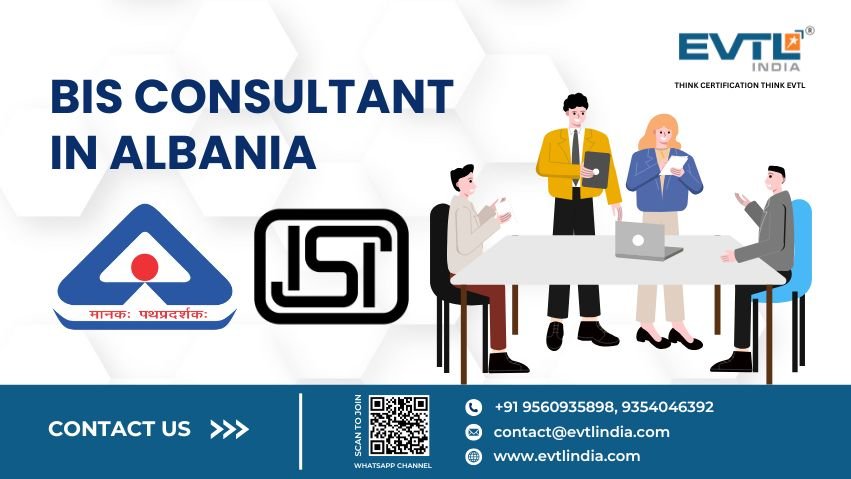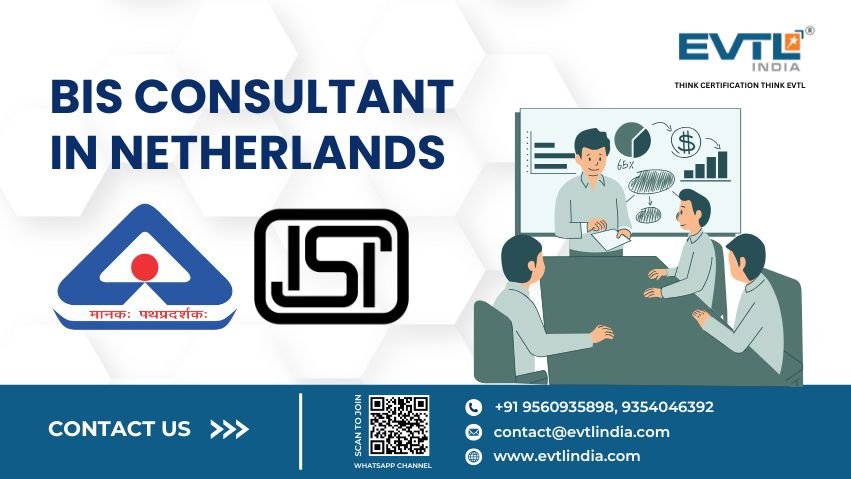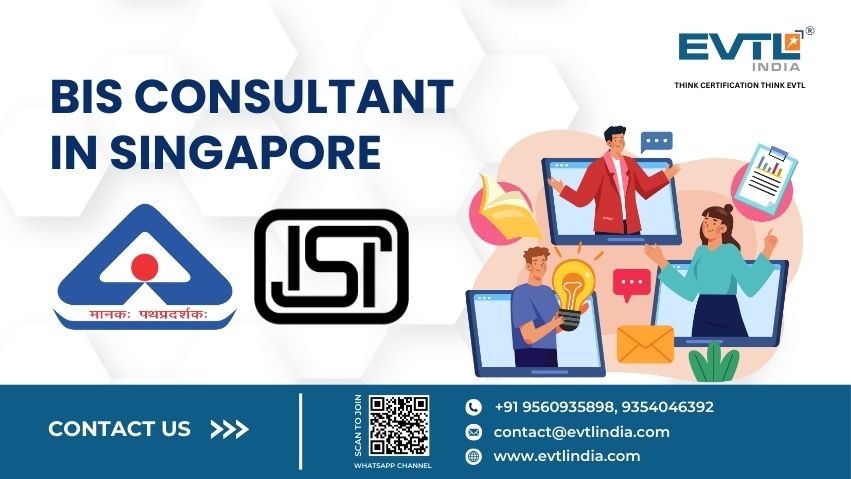BIS Certification for Electrical Kitchen Appliances

Introduction
In a significant
move to boost product safety and quality, the Ministry of Commerce and
Industry, through the Department for Promotion of Industry and Internal Trade
(DPIIT) and the Bureau of Indian Standards (BIS), has introduced a Quality
Control Order (QCO), making BIS certification mandatory for electrical kitchen
appliances. This pivotal order, named the Electrical
Appliances for Kitchen (Quality Control) Order, 2023, was officially
published on 5th March 2024. The
regulation is set to reshape manufacturing and import standards across India’s
kitchen appliance sector.
Understanding
BIS Certification
BIS Certification
is a product certification scheme provided by the Bureau of Indian Standards.
It ensures that a product complies with the relevant Indian Standard (IS) and
assures quality, safety, and reliability for consumers. For electrical kitchen
appliances, BIS certification is not just a badge of quality—it’s a critical
marker that assures users that the device is safe for household use. Faulty
appliances can lead to fires, shocks, or malfunctions, and the new mandate aims
to prevent such hazards.
Electrical
Appliances for Kitchen (Quality Control) Order, 2023
The order was
issued by the Ministry of Commerce and
Industry (DPIIT), making BIS certification legally binding for a specific
list of electrical appliances used in kitchens. The QCO was published on March 5, 2024, in the Official Gazette
of India. The rules will come into effect 6
to 12 months after publication, depending on the manufacturer’s category.
The QCO applies to a broad range of electrical kitchen appliances, aiming to
ensure that all products sold in the Indian market meet uniform safety and
performance standards. Different timelines are provided to support compliance
based on the size of the enterprise:
|
Category |
Compliance Deadline |
|
Large
Enterprises / Foreign Manufacturers |
6 months from
5th March 2024 |
|
Small
Manufacturers |
9 months from
5th March 2024 |
|
Micro
Enterprises |
12 months from
5th March 2024 |
This staggered timeline gives smaller businesses more
time to align with the regulations.
Which
Electrical Kitchen Appliances Need BIS Certification?
The QCO mandates
certification for commonly used items such as:
● Toasters,
Grills, Roasters, and Similar Appliances
Exemptions
and Clarifications (If Any)
As of now, no major
exemptions have been announced, but the BIS may issue clarifications for niche
products or categories under separate notifications.
How to Get
BIS Certification for Electrical Kitchen Appliances
Obtaining BIS
certification for electrical kitchen appliances involves several steps, each
designed to validate the product’s compliance with Indian standards:
1. Application Submission: Manufacturers
must submit an application form along with required documentation to BIS.
2. Documentation Review: BIS reviews the
submitted documents to ensure completeness and correctness.
3. Factory Inspection: BIS officials
conduct an on-site inspection of the manufacturing facility to assess the
production process and quality control measures.
4. Sample Testing: Product samples are
taken and tested in BIS-approved laboratories to verify compliance with Indian
standards.
5. Certification Grant: Upon successful
completion of the inspection and testing, BIS grants certification, allowing
the manufacturer to use the BIS mark on their products.
Documents
Required for BIS Certification
To apply for BIS
certification, manufacturers need to submit the following documents:
● Application form
● Manufacturing process details
● Quality control plan
● Test reports from BIS-approved
laboratories
● Factory layout and equipment
details
● Proof of business registration
● Product specifications and
technical details
● Declaration of conformity to
Indian standards
Additionally,
manufacturers may be required to provide proof of compliance with environmental
and safety regulations, depending on the specific type of product being
certified.
Penalties
for Non-Compliance
Manufacturers or
importers failing to comply with this QCO may face:
● Product seizures
● Bans on sales
● Financial penalties
● Legal action under BIS Act
Benefits of
BIS Certification for Manufacturers and Consumers
●Building Consumer Trust: Certified
appliances attract higher consumer confidence, assuring them of safety and durability.
● Market Access and Legal Compliance: BIS
certification enables businesses to access larger markets, participate in
government procurement, and avoid regulatory issues.
●Challenges Faced by Manufacturers: Manufacturers,
especially MSMEs, may find it challenging to meet stringent testing standards
and absorb certification costs. However, timely compliance ensures long-term
business sustainability.
●Support from Government or BIS: The
government and BIS often provide financial subsidies, training sessions, and
technical assistance to support MSMEs during compliance.
Conclusion
The BIS certification for electrical kitchen
appliances under the Quality Control
Order, 2023, is a landmark step toward improving safety, quality, and
consumer trust in India’s kitchen appliance industry. With staggered timelines
and supportive measures, manufacturers are encouraged to embrace this change
for better compliance and enhanced brand reputation.
EVTL India is a leading BIS consultant, assisting manufacturers in obtaining hassle-free BIS licenses with expert guidance and streamlined processes to ensure compliance with Indian quality standards.
FAQs on BIS
Certification for Kitchen Appliances
1. Is BIS certification now mandatory for all kitchen appliances?
Yes, as per
the QCO published on 5th March 2024, it’s mandatory.
2. What is the deadline for compliance?
6 months for
large enterprises, 9 months for small, and 12 months for micro enterprises.
3. How can foreign manufacturers comply?
They must
appoint an Authorized Indian
Representative (AIR) and follow the same certification process.
4. What happens if a manufacturer doesn’t get certified?
Non-compliant products can be banned, and
legal penalties may apply.
5. Are old products already in the market exempted?
No clear
exemption has been issued yet, but transitional provisions may apply.
6. Where can I get more information?
Visit the BIS official website or consult the official
gazette notification for complete details.
You can contact us via email at contact@evtlindia.com or by phone at 9560935898. Feel free to get in touch with us anytime for the support you need.
BIS ISI Mark Certification | BIS-CRS Certification | EPR E-WASTE | WMI Registration | BIS Certification For Footwear | TAC & IMEI Registration | BIS FMCS Page | TEC | EPR Registration for Plastic Waste Management | EPR Registration for Battery Waste Management | EPR Registration For Used Oil | EPR Registration for Tyre Waste Management | WPC ETA License | NOC | LMPC | Legal Metrology | Trademark Registration | ISO Certification | EMI-EMC Test | Toys | GEM Registration | EPCG Scheme | LM 79 & LM 80 | ROHS Approval | CDSCO Registration | RF Testing | IP Rating Test | MSME & NSIC Registration | BIS Certificate for Conformity | BIS Scheme-X Certification | Hallmark Registration | Laboratory Recognition Scheme | ECO-MARK Certification | RDSO | CE Certification | List Of Equipments | US FDA Registration | Lab Setup & Lab Equipment |
Free Call Back
Why Choose EVTL INDIA
Expertise in Indian Regulatory Standards
End-to-End Support
Trusted by Top Indian & Global Brands
Fast Processing & Transparent Pricing
Strong Liaison with Indian Authorities
Company Profile


















